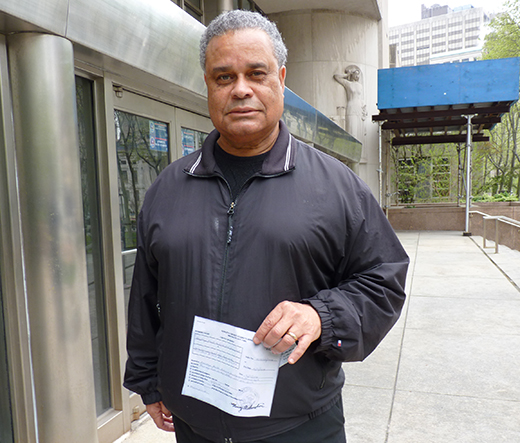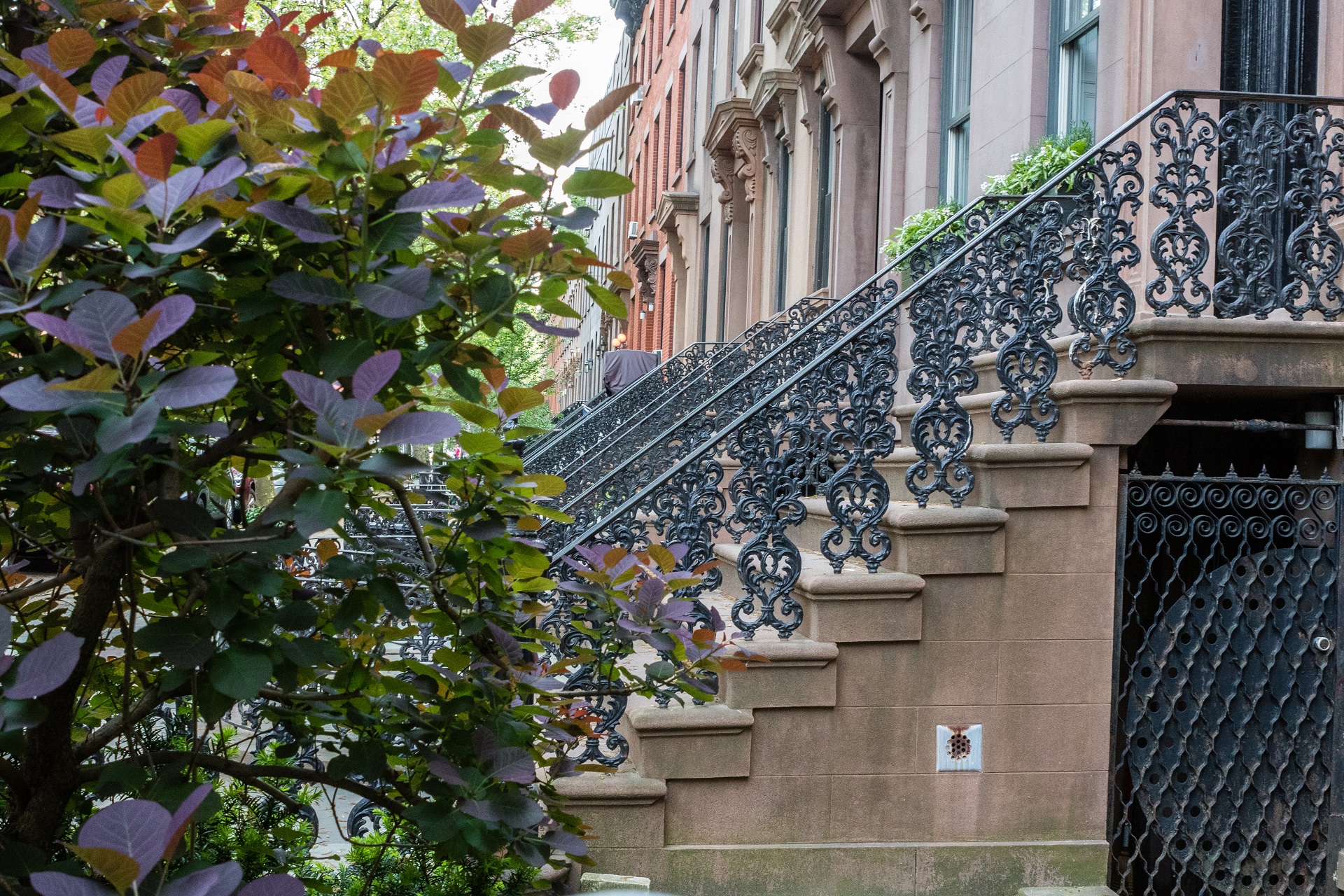Brooklyn Health Partners still in the LICH game? $25 million check returned late Friday
BHP: This is the 'craziest thing'

BHP's Merrell Schexnydre, by Mary Frost
The group rejected by SUNY in their bid to purchase Long Island College Hospital (LICH) thought they cleared a major hurdle on Friday when a Brooklyn court accepted their non-refundable deposit for $25 million dollars.
But in a late-day reversal, after SUNY objected to the deposit, the judge ordered Brooklyn Health Partners (BHP) to come back to court and pick up their check, pending a court conference between BHP and SUNY lawyers set for Monday morning.
Another court hearing is set for Tuesday.
